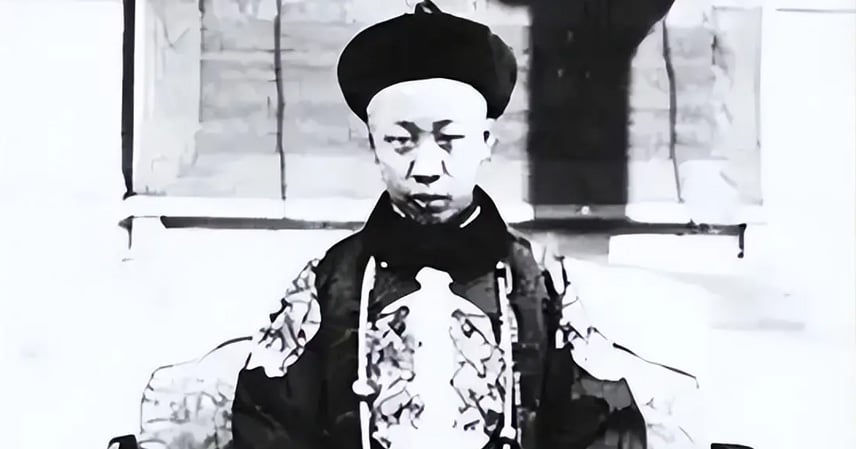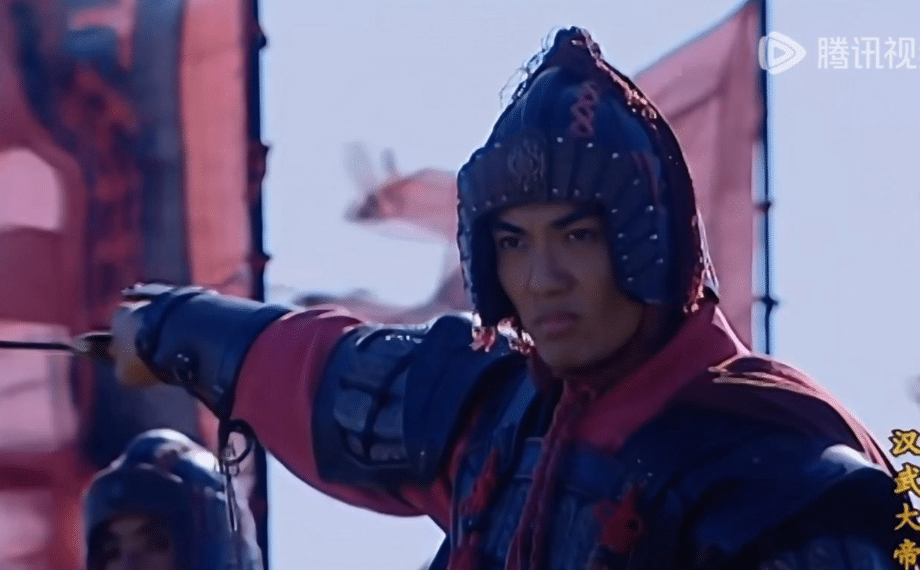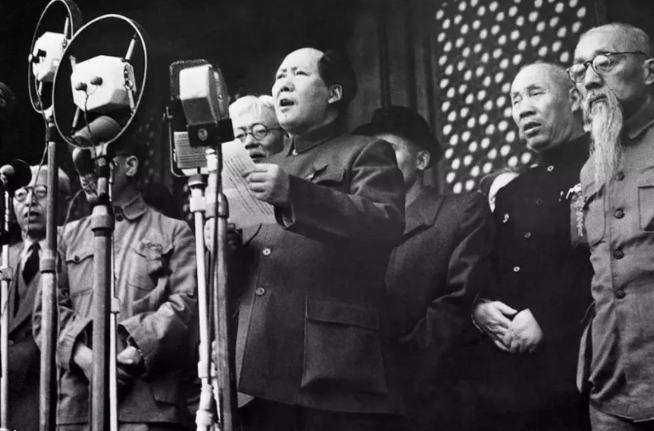In 1915, a peculiar incident inside the Forbidden City revealed the unusual bond between Emperor Puyi, then only nine years old, and his wet nurse, Wang Jiaoshi. One morning, the chief eunuch Zhang Qianhe walked unannounced into Puyi’s quarters and found him still clinging to his wet nurse. Shocked, Zhang teased: “Your Majesty, this habit must change!” The episode would set off a chain of events that forever altered the lives of both Wang and Zhang, while highlighting the cold realities of palace politics.
Wang Jiaoshi’s Entry into the Palace
Wang Jiaoshi was born in a poor village in Zhili Province. Married off at sixteen, she endured years of abuse and hardship until she bore a daughter. After her husband’s sudden death, she struggled to survive. Hearing that Prince Chun’s household was recruiting wet nurses, she entrusted her daughter to relatives and entered the selection process. Out of more than twenty women, Wang was chosen for her youth, health, and abundant milk supply.
The rules inside the princely residence were strict: wet nurses were not allowed to visit family, had to bathe frequently, and ate plain food. Wang’s role was more than feeding; she nurtured Puyi like her own child, and he became deeply attached to her. When Puyi was chosen as emperor at the age of three and taken into the Forbidden City, Wang was supposed to leave. But the young boy cried endlessly without her, forcing the court to allow her to stay.
A Child’s Dependence, a Court’s Displeasure
Inside the palace, Puyi relied on Wang not only for comfort but also as an emotional refuge. Whenever distressed, he would return to her, even as he grew older. This dependency irritated the Four Empress Dowagers, who believed such intimacy was inappropriate for a boy emperor.
At the same time, Zhang Qianhe, the chief eunuch, became Puyi’s early tutor, teaching him to read and keeping him company with games like clay figurines and hide-and-seek. His daily presence made him a trusted figure. But Zhang’s casual remark in 1915 about Puyi’s reliance on Wang gave the empresses the excuse they had long awaited.
Forced Separation and Harsh Consequences
The empresses confronted Puyi, accusing his attachment to Wang of being unseemly. Pressured and humiliated, Puyi reluctantly agreed to let her leave. Wang requested her own dismissal, not wanting to embarrass him further. The boy emperor was devastated, refusing food for several days.
Zhang Qianhe, meanwhile, was punished severely. Puyi ordered him beaten with a rod—a rare instance of the child-emperor asserting his authority. Though Zhang recovered, he was eventually expelled from the palace and left destitute.
When Wang returned home, tragedy deepened. She discovered her daughter had died years earlier, a truth her family had hidden. Heartbroken, she lived alone in a village cottage, earning a meager living through manual work.
Later Years: Return and Final Tragedy
Years later, as Puyi matured, he never forgot Wang. In 1922, after his wedding, he summoned her back to the palace, giving her security in her later years. She stayed with him even after Puyi was expelled from the Forbidden City in 1924 and followed him to Manchuria when he became puppet emperor of Manchukuo under Japanese control.
But history was unkind. In 1945, as Japan surrendered, Puyi fled in haste, abandoning Wang. During the chaos, she was shot dead by Japanese soldiers, ending her life at 59.
Puyi later, after his imprisonment and release in 1959, sought news of her. Only then did he learn of her tragic death. He remembered her not merely as a nurse but as a figure closer than his biological mother, a rare source of warmth in his isolated childhood.
Reflections on Power and Powerlessness
The fate of Wang Jiaoshi underscores the precarious role of women in the Qing court. Despite her devotion, she became a target of palace politics and paid with her exile and loneliness. Zhang Qianhe, though a trusted servant, was also destroyed by the same ruthless system.
For Puyi, the episode revealed the emotional deprivation of a child emperor, who was denied a normal family life. His later reflections show that Wang’s presence shaped his childhood more than any imperial ritual or title.
Her story illustrates the human cost hidden behind the grandeur of empire: loyalty unprotected, affection politicized, and personal tragedy swallowed by the tide of history.
References
- Excerpts from Qing court memoirs and historical records about Puyi’s early life.
- Puyi’s autobiography From Emperor to Citizen.



